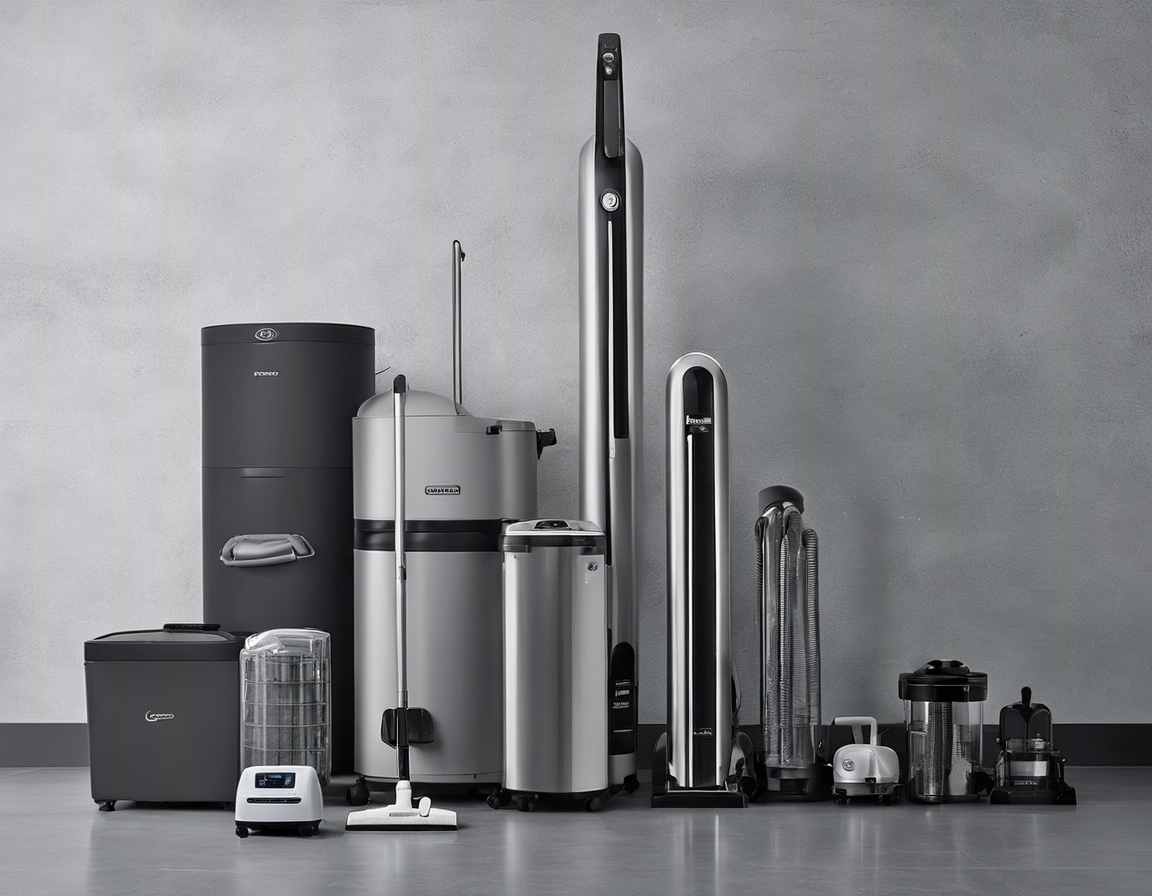Maximizing energy efficiency in hvac design
Heating, Ventilation, and Air Conditioning (HVAC) systems are crucial for maintaining indoor comfort in buildings. They regulate temperature, humidity, and air quality, ensuring a healthy and comfortable environment for occupants.
Energy efficiency in HVAC systems is vital for reducing operational costs, minimizing environmental impact, and complying with increasingly stringent regulations. An efficient system conserves energy, lowers utility bills, and extends the lifespan of the equipment.
Key Strategies for Energy-Efficient HVAC Design
An energy audit is the first step in identifying inefficiencies in existing systems and opportunities for improvement. It involves analyzing energy flows and consumption to pinpoint areas where energy can be saved.
Choosing high-efficiency components such as ENERGY STAR-rated equipment can significantly reduce energy consumption. This includes high-efficiency furnaces, air conditioners, and heat pumps.
Advanced control systems enable precise regulation of HVAC operations, optimizing performance and reducing energy waste. These systems can adjust temperatures based on occupancy, time of day, and other factors.
Incorporating renewable energy sources, such as solar or wind power, can offset the energy consumption of HVAC systems and reduce reliance on non-renewable resources.
Proper design and layout of HVAC systems are essential for maximizing efficiency. This includes selecting the right size equipment, designing ductwork for minimal resistance, and strategically placing vents and returns.
Effective insulation and sealing of the building envelope prevent heat loss in winter and heat gain in summer, reducing the load on HVAC systems and saving energy.
Regular maintenance ensures HVAC systems operate at peak efficiency. Upgrading to newer, more efficient models can also lead to significant energy savings over time.
Technological Innovations in HVAC Efficiency
Smart thermostats and the integration of the Internet of Things (IoT) allow for remote monitoring and management of HVAC systems, providing greater control over energy use.
VRF systems offer enhanced efficiency by varying the flow of refrigerant to different areas of a building, based on the specific cooling or heating needs.
Geothermal heat pumps utilize the stable temperature of the ground to provide heating and cooling, offering a highly efficient alternative to traditional systems.
ERVs improve efficiency by recovering energy from exhaust air to precondition incoming fresh air, reducing the energy required for heating and cooling.
Best Practices for HVAC Efficiency in Different Settings
For homeowners, implementing zoning systems, regular filter changes, and programmable thermostats can lead to substantial energy savings.
Larger facilities can benefit from customized HVAC solutions, demand-controlled ventilation, and regular energy audits to ensure systems are running optimally.
Schools and universities can maximize HVAC efficiency through energy management systems, occupancy sensors, and by engaging in energy conservation education programs.








Comments (0)